
First published in Great Britain in 2007 as The Book Club Bible by
Michael OMara Books Limited
9 Lion Yard
Tremadoc Road
London SW4 7NQ
This electronic edition first published in 2014
ISBN: 978-1-78243-364-4 in ebook format
ISBN: 978-1-84317-960-3 in paperback print format
Copyright Michael OMara Books Limited 2007, 2012, 2014
Every reasonable effort has been made to acknowledge all copyright holders. Any errors or omissions that may have occurred are inadvertent, and anyone with any copyright queries is invited to write to the publishers, so that a full acknowledgement may be included in subsequent editions of this work.
All rights reserved. You may not copy, store, distribute, transmit, reproduce or otherwise make available this publication (or any part of it) in any form, or by any means (electronic, digital, optical, mechanical, photocopying, recording or otherwise), without the prior written permission of the publisher. Any person who does any unauthorized act in relation to this publication may be liable to criminal prosecution and civil claims for damages.
A CIP catalogue record for this book is available from the British Library.
Designed and typeset by Martin Bristow
Cover design by Anna Morrison
www.mombooks.com
Contents
I own a threadbare T-shirt that says, Lifes too short to drink bad wine. An even savvier T-shirt would say, Lifes too short to read bad books. There really should be a word for that particular resentment you feel after ploughing through hundreds of pages that didnt pay off. A single reliable book recommendation can spare you hours of annoyance, impatience and disgust.
The Book Lovers' Companion is like that one trustworthy friend upon whose taste you can pretty much rely. Dozens of my lifetime favourite reads appear in this guide, too many to itemize although as a test I did check that one of my very, very favourite novels is indeed included ( The Age of Innocence by Edith Wharton see ). Usefully, this reference covers a wide range of both classics and popular fiction; you dont want to read only one or the other, any more than youd want to dine day after day on steak alone, or on nothing but summer pudding. While about a third of these entries I havent read myself, given the high quality of the selections that I have, Im now putting the unread third on my private to do list.
Though this guide is handy for individuals, its obviously aimed at book clubs about which, among the cultural elite, I sometimes detect a tinge of condescension. Maybe they just feel left out and, in comparison to regular book club denizens, poorly read. Surely its more stimulating to get together and talk about Kazuo Ishiguros exquisite paean to servitude and emotional repression, The Remains of the Day , than to discuss kitchen remodelling, football scores or the state of the FTSE 100.
Book clubs often bring disparate people together, of different ages, ethnicities and outlooks. They help members get to know each other and themselves with a depth that chit-chat about property prices cant match. Was Anna Karenina really in love with Vronsky, or merely entranced by a romantic idea? You learn a lot about your own values when you try to reconcile sympathy for Yossarians flight from the insanity of air force life with a moral discomfort over any Allied soldier going AWOL in the Second World War. ( Catch-22 hilarious, and if you havent devoured it already, a must-read.)
I consider the burgeoning popularity of book clubs one of the most encouraging social developments of recent times. Nothing delights me more in signing queues than when a boisterous cluster of readers declares that they had one of the best book club meetings ever when discussing one of my novels. The claim consistently decodes: We got into a huge fight. So the most fruitful selections for clubs arent necessarily books that everyone loves, but especially the ones about which members violently disagree.
True, I spotted three or four selections included here (I wont say which) that I couldnt bear. But that just means that, at a book club meeting, Id go bug-eyed with denunciation, and meanwhile three other folks would rail that it was one of the finest books theyd ever read. Someone tell Tony Bennett that s entertainment.
L IONEL S HRIVER , New York, 2007
Theres no wrong or right way to use The Book Lovers Companion : you can skip straight to the books youve heard of, work your way through alphabetically, or concentrate on your favourite genre or author.In compiling the title selection, we made a rule that an author could be featured only once, and limited the choice to full-length books, so there are no plays, poetry or short stories.Each entry has been penned by a different writer, which accounts for the variations in style and approach.Weve tried to include critical comments that go beyond gushing praise to something a little more thought-provoking.The book length provided relates to the edition the reviewer possessed; the number of pages may vary in other editions.
Its fair to say that I have a book habit. I once rented a wholly unsuitable flat having been seduced by shelves that ran the length of the bedroom. My bedside table groans under towers of books that I have bought, borrowed or been given, and I have a horrible feeling that there are still boxes of books unpacked from my last move. However, when I finish a book especially one Ive lived and breathed I am always at a loss as to what to read next. What will live up to the novel whose world I have left so reluctantly?
I was once told that the average person would read three thousand books during their lifetime. If anything it seems reasonably generous: that would be thirty-seven and a half books consumed each year if you lived to be eighty. But I vividly remember being horrified. I think it was the first moment when I had a sense of anything in life being finite. I was just starting to read grown-up books at that time and I fully intended to read everything well, everything good, anyway.
Since then I feel rising panic when I realize I am not enjoying a book because I am using up one of my precious literary experiences on something that doesnt engage me, teach me something or take me somewhere. What a waste! (I am an inveterate finisher, too, which means I will resentfully plough through to the end, although I suppose I only have myself to blame for this.)
This, then, is why book lovers everywhere need this book. Here are a hundred recommended titles, each with a non-spoiler synopsis, so that you need not waste your cherished reading time. Furthermore, there are discussion points, background information and suggested complementary titles, so its an ideal guide for book club members. I hope this book helps you to discover stories that may change your world: make every read count!
A NA S AMPSON , L ONDON , 2012
C HINUA A CHEBE
Published 1958 / Length 148 pages
Things Fall Apart follows the ambitions and struggles of Okonkwo, a prominent member of a pre-colonial Igbo village in what is now Nigeria, as he strives to maintain his high standing within his community in the mid- to late-nineteenth century. Okonkwo has overcome a disadvantaged childhood to become a successful man, but he seems fated to lose the status he cherishes. His blind commitment to traditional values undermines his relationship with his family, particularly his son Nwoye. He is prepared to make great sacrifices in order to preserve his position in the village, yet Okonkwos world is changing, as British colonial rule begins to encroach upon the Igbo way of life. Achebe portrays the colonial experience from an African perspective: the European culture promoted by the invading authorities represents a challenge to Okonkwos identity, one he must overcome in order to survive. Written in the late 1950s against the backdrop of Nigerias journey towards independence, the book raises questions about collective identity, morality and self-alienation, and constitutes the foundation of modern African literature in English.
Next page
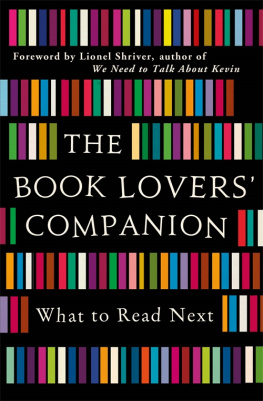
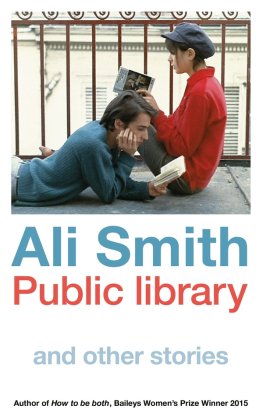
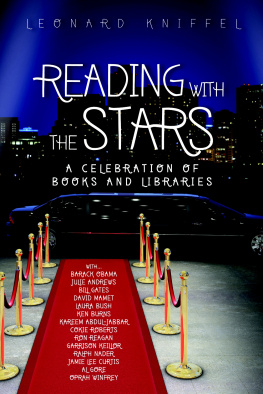
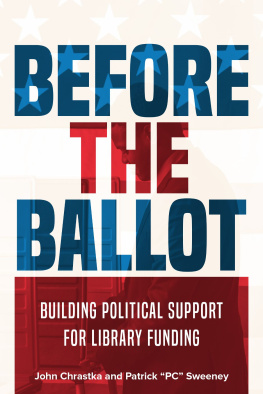

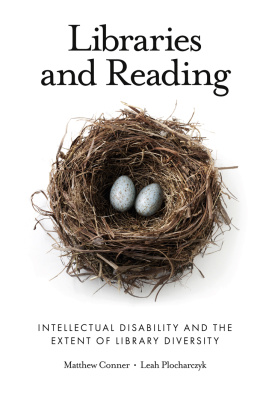
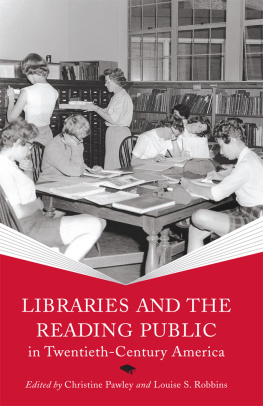
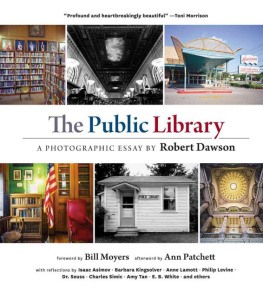
![Anita Anand - The Library Book. Anita Anand ... [Et Al.]](/uploads/posts/book/40194/thumbs/anita-anand-the-library-book-anita-anand-et.jpg)
